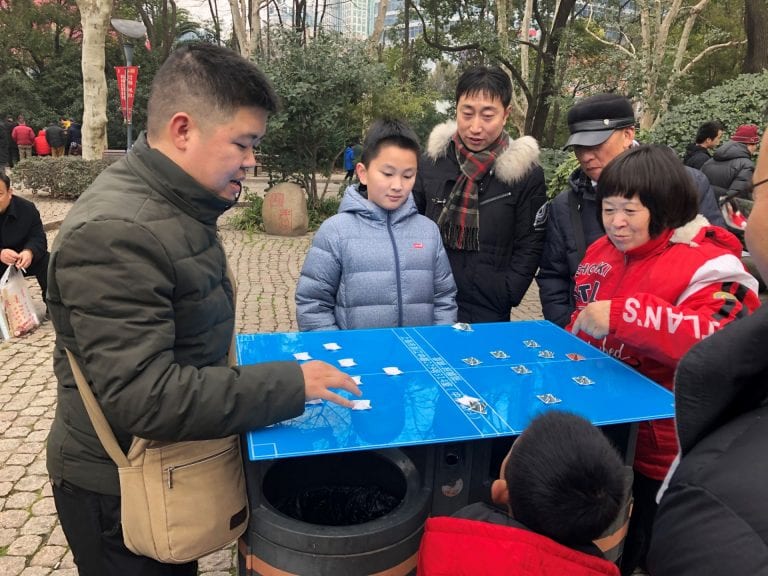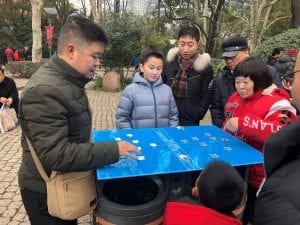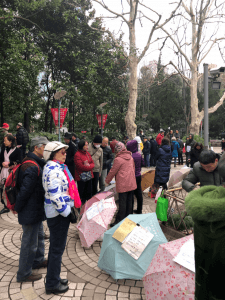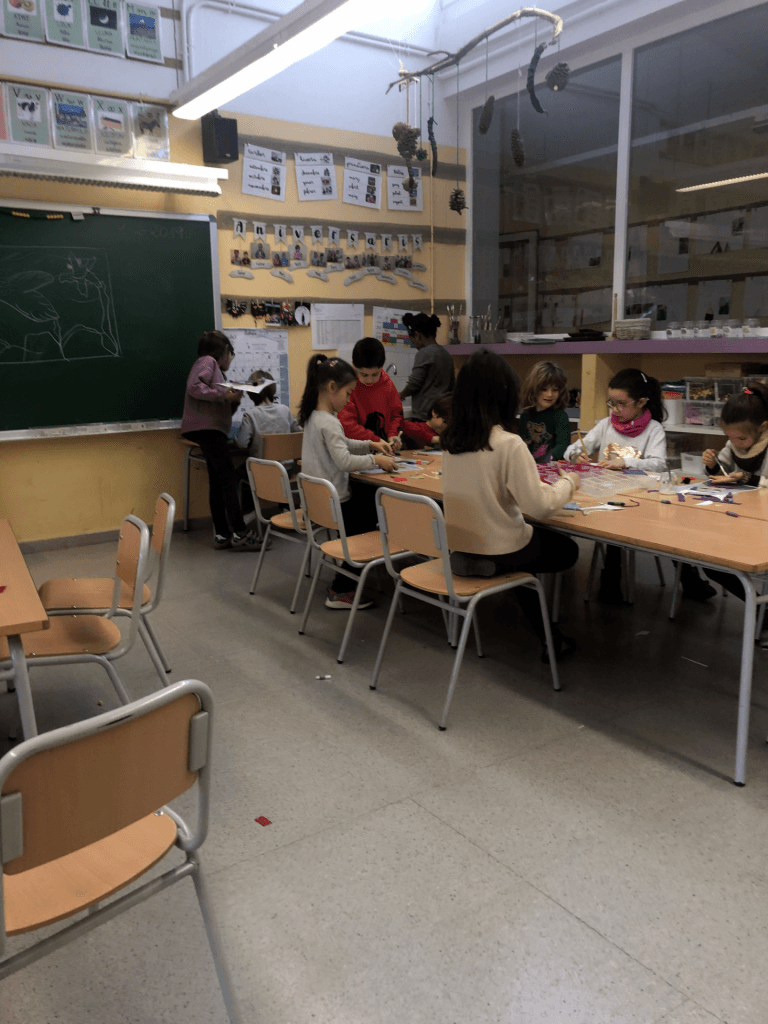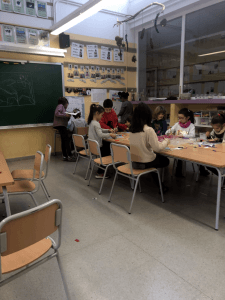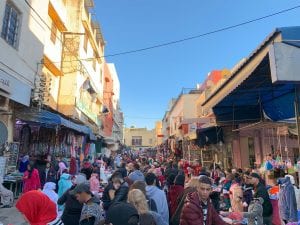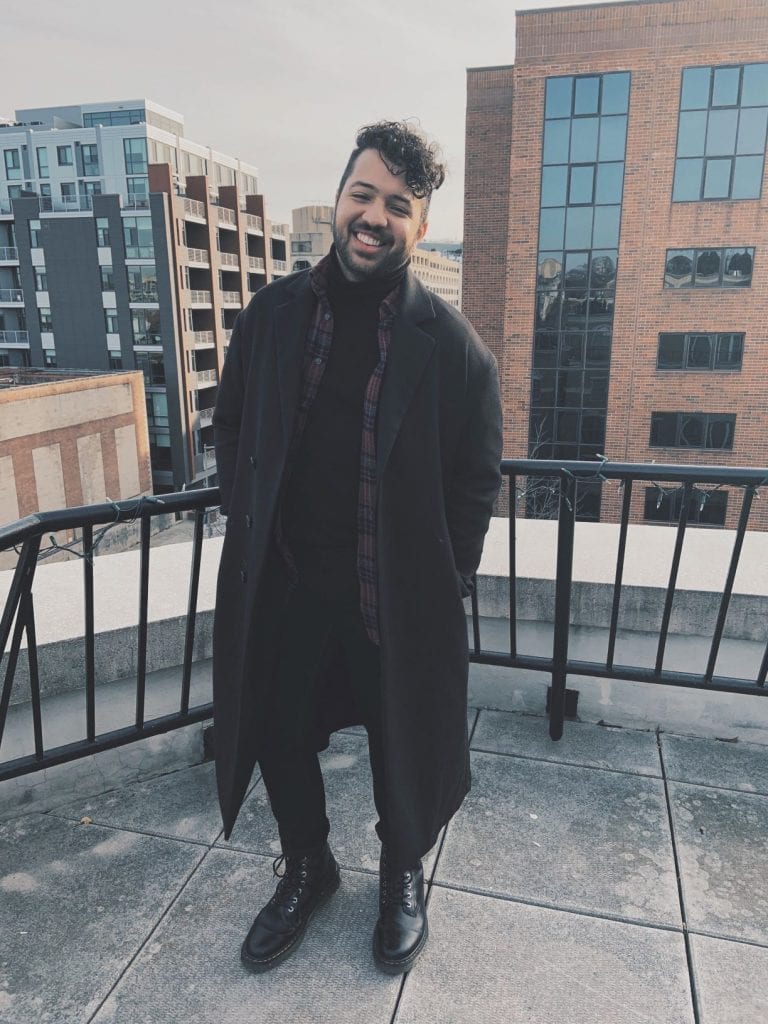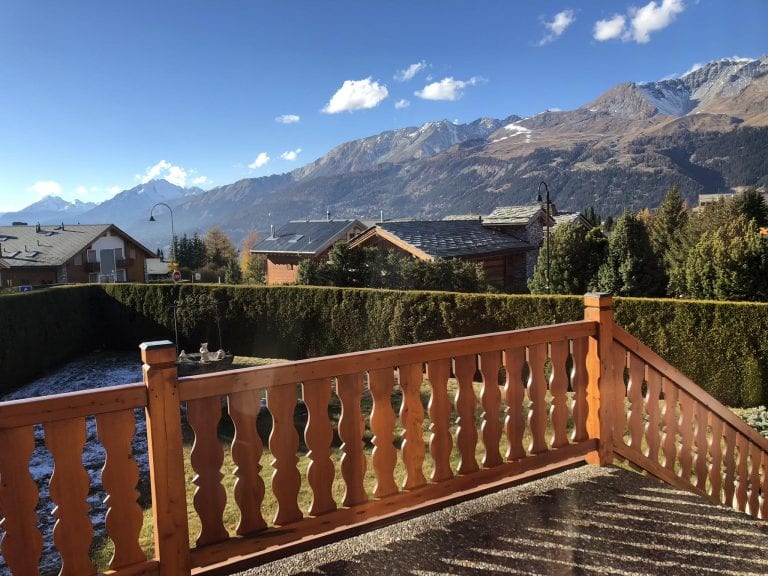The first thing you notice when you touch down in Shanghai is the complete lack of personal space. I say this as someone who is usually comfortable cramming into a packed subway car in Manhattan. We were warned of this cultural difference before we left for the semester, but there is nothing quite like experiencing it for yourself. What I’ve come to realize, however, in the last few days that I have been in China, is that this cultural difference is actually one that forces you headfirst into the local community. The people in Shanghai live in a level of comfort with each other that I have never experienced in any of my travels. There is unique a sense of camaraderie and tradition that the entire community adheres to. The ancient cultures and practices that are the foundations of Chinese life are clearly ingrained in every individual I have come across in my short time in Shanghai.
On our scavenger hunt we came across an adorable woman leading a board game in People’s Park and we were all enamored by her charisma. Although we didn’t understand the game, we were positive she was winning.
An amazing example of this sense of community is the Shanghai marriage market in People’s Park. We experienced this practice firsthand on one of our initial activities as a cohort. The Shanghai marriage market is a tradition that has been going on for generations. Essentially, parents gather around in the “blind corner” of the central People’s Park, and hold a sort of showcasing for their unwed sons and daughters. On opened umbrellas, advertisements can be seen boasting good looks and successful careers, as the actual bachelors and bachelorettes are nowhere to be seen. This practice is a clear indicator of the tradition and culture surrounding marriage in China. Parents see it as their duty and right to make sure that their children find the perfect match. This is a very traditional practice that makes me thing of the way marriage is viewed in India as well. I find it so interesting that ancient cultures can bring their value systems into the 21st century unbothered by the global culture of the modern era and pass these traditions down to their children. This is very clear in Chinese culture and I look forward to discovering more of Shanghai’s hidden cultural gems in the months to come!
The Shanghai Marriage market was such an interesting event to walk through. Parents swarmed us to find out if we wanted to marry their children and even pulled out pictures to show us and convince us to say yes. It was definitely a memorable sight.

